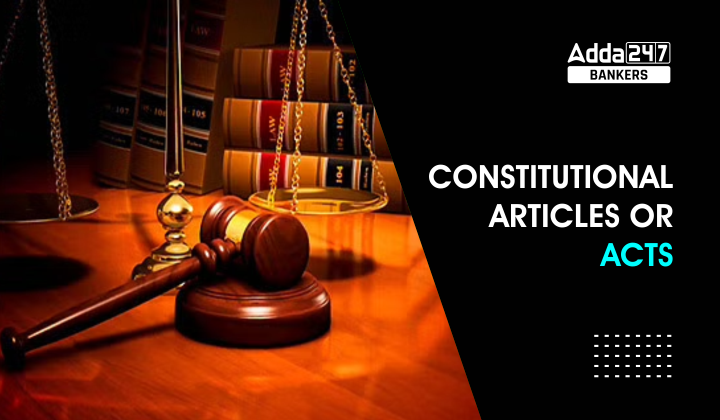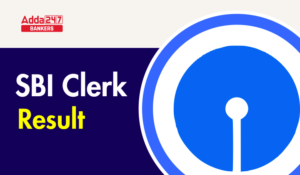Target 30+ is series of static awareness in context of current affairs. This will support your preparation along with the power capsule provided by our team. In this article we are discussing about recent acts and articles which were in news.
- The 10% EWS quota was introduced under the 103rd Constitution (Amendment) Act, 2019 by amending Articles 15 and 16.
- It inserted Article 15 (6) and Article 16 (6).
National language
Recently, the Supreme Court dismissed a PIL seeking directions to notify Sanskrit as the national language.
What is the present status of National Language?
- Under Article 343 of the Constitution, the official language of the Union shall be Hindi in Devanagari
- English would continue to be used for a period of 15 years. Later,Official Languages Act, 1963 was passed in anticipation of the expiry of the 15-year period during which the Constitution originally allowed the use of English for official purposes.
- Article 351 (Union government to promote the use of Hindi)
- There are 22 schedule languages, English is not schedule language.
Internet shut down in Rajasthan
- For internet shutdowns, Temporary Suspension of Telecom Services (Public Emergency or Public Safety) Rules were notified under the Indian Telegraph Act, 1885 in 2017.
- Before 2017, Internet shutdowns were ordered under Section 144 of the Code of Criminal Procedure (CrPC), which gives District Magistrates broad powers during dangerous situations.
Defection in Maharashtra assembly
- The anti-defection law punishes individual Members of Parliament (MPs)/MLAs for leaving one party for another.
- Parliament added it to the Constitution as the Tenth Schedule in 1985. Its purpose was to bring stability to governments by discouraging legislators from changing parties.
- The Tenth Schedule – popularly known as the Anti-Defection Act – was included in the Constitution via the 52nd Amendment Act, 1985.
Plastic ban in India
- Central Pollution Control Board (CPCB) has announced a ban on – earbuds; balloon sticks; candy and ice-cream sticks; cutlery items including plates, cups, glasses, forks, spoons, knives, trays; sweet boxes; invitation cards; cigarette packs; PVC banners measuring under 100 microns; and polystyrene for decoration.
- CPCB of India is a statutory organization under the Ministry of Environment, Forest, and Climate Change. It was established in 1974 under the Water (Prevention and Control of Pollution) Act, 1974. The CPCB is also entrusted with the powers and functions under the Air (Prevention and Control of Pollution) Act, 1981. It serves as a field formation and also provides technical services to the Ministry of Environment and Forests under the provisions of the Environment (Protection) Act, 1986
- Polythene bag: The Ministry had already banned polythene bags under 75 microns in September 2021, expanding the limit from the earlier 50 microns. From December 2022, the ban will be extended to polythene bags under 120 micron
- The ban will be monitored by the CPCB from the Centre and by the State Pollution Control Boards (SPCBs) that will report to the Centre regularly.
- Those found violating the ban can be penalized under the Environment Protection Act 1986 – which allows for imprisonment up to 5 years, a penalty up to Rs 1 lakh, or both.
- Violators can also be asked to pay Environmental Damage Compensation by the SPCB.
Answer the following expected questions in the comment section:
- Under which act do Internet shutdowns happen in India?
- CPCB is established under which act?
- Penalty under which act for violation of single plastic ban is charged?
Target 30+ in General Awareness: Financial Services Institutions Bureau
Target 30+ in General Awareness :NaBFID
Target 30+ in General awareness : Rupee vs Dollar Exchange Rate



 GA Capsule for SBI Clerk Mains 2025, Dow...
GA Capsule for SBI Clerk Mains 2025, Dow...
 The Hindu Review October 2022: Download ...
The Hindu Review October 2022: Download ...
 SBI Clerk Prelims Result 2025 Out, Direc...
SBI Clerk Prelims Result 2025 Out, Direc...







